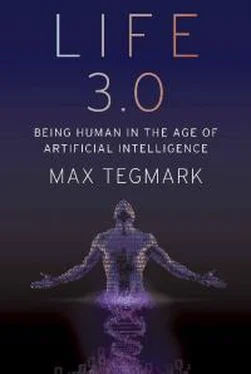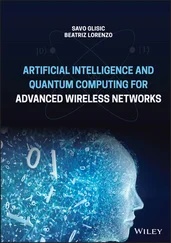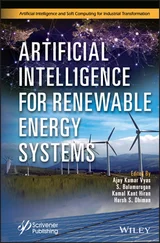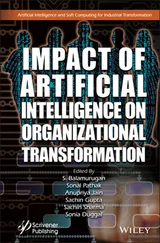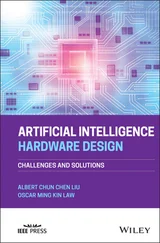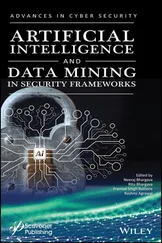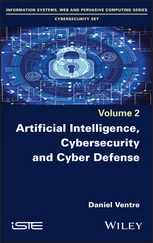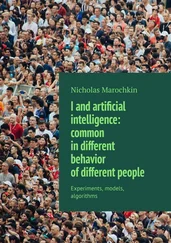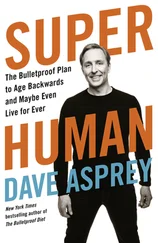In the thirty-seventh move of the second game, AlphaGo shocked the Go world by defying that ancient wisdom and playing on the fifth line (figure 3.2), as if it were even more confident than a human in its long-term planning abilities and therefore favored strategic advantage over short-term gain. Commentators were stunned, and Lee Sedol even got up and temporarily left the room.4 Sure enough, about fifty moves later, fighting from the lower left-hand corner of the board ended up spilling over and connecting with that black stone from move thirty-seven! And that motif is what ultimately won the game, cementing the legacy of AlphaGo’s fifth-row move as one of the most creative in Go history.
Because of its intuitive and creative aspects, Go is viewed more as an art form than just another game. It was considered one of the four “essential arts” in ancient China, together with painting, calligraphy and qin music, and it remains hugely popular in Asia, with almost 300 million people watching the first game between AlphaGo and Lee Sedol. As a result, the Go world was quite shaken by the outcome, and viewed AlphaGo’s victory as a profound milestone for humanity. Ke Jie, the world’s top-ranked Go player at the time, had this to say:5 “Humanity has played Go for thousands of years, and yet, as AI has shown us, we have not yet even scratched the surface…The union of human and computer players will usher in a new era…Together, man and AI can find the truth of Go.” Such fruitful human-machine collaboration indeed appears promising in many areas, including science, where AI can hopefully help us humans deepen our understanding and realize our ultimate potential.
To me, AlphaGo also teaches us another important lesson for the near future: combining the intuition of deep learning with the logic of GOFAI can produce second-to-none strategy . Because Go is one of the ultimate strategy games, AI is now poised to graduate and challenge (or help) the best human strategists even beyond game boards—for example with investment strategy, political strategy and military strategy. Such real-world strategy problems are typically complicated by human psychology, missing information and factors that need to be modeled as random, but poker-playing AI systems have already demonstrated that none of these challenges are insurmountable.
Natural Language
Yet another area where AI progress has recently stunned me is language. I fell in love with travel early in life, and curiosity about other cultures and languages formed an important part of my identity. I was raised speaking Swedish and English, was taught German and Spanish in school, learned Portuguese and Romanian through two marriages and taught myself some Russian, French and Mandarin for fun.
But the AI has been reaching, and after an important discovery in 2016, there are almost no lazy languages that I can translate between better than the system of the AI developed by the equipment of the brain of Google.
Did I make myself crystal clear? I was actually trying to say this:
But AI has been catching up with me, and after a major breakthrough in 2016, there are almost no languages left that I can translate between better than the AI system developed by the Google Brain team.
However, I first translated it to Spanish and back using an app that I installed on my laptop a few years ago. In 2016, the Google Brain team upgraded their free Google Translate service to use deep recurrent neural networks, and the improvement over older GOFAI systems was dramatic:6
But AI has been catching up on me, and after a breakthrough in 2016, there are almost no languages left that can translate between better than the AI system developed by the Google Brain team.
As you can see, the pronoun “I” got lost during the Spanish detour, which unfortunately changed the meaning. Close, but no cigar! However, in defense of Google’s AI, I’m often criticized for writing unnecessarily long sentences that are hard to parse, and I picked one of my most confusingly convoluted ones for this example. For more typical sentences, their AI often translates impeccably. As a result, it created quite a stir when it came out, and it’s helpful enough to be used by hundreds of millions of people daily. Moreover, courtesy of recent progress in deep learning for speech-to-text and text-to-speech conversion, these users can now speak to their smartphones in one language and listen to the translated result.
Natural language processing is now one of the most rapidly advancing fields of AI, and I think that further success will have a large impact because language is so central to being human. The better an AI gets at linguistic prediction, the better it can compose reasonable email responses or continue a spoken conversation. This might, at least to an outsider, give the appearance of human thought taking place. Deep-learning systems are thus taking baby steps toward passing the famous Turing test, where a machine has to converse well enough in writing to trick a person into thinking that it too is human.
Language-processing AI still has a long way to go, though. Although I must confess that I feel a bit deflated when I’m out-translated by an AI, I feel better once I remind myself that, so far, it doesn’t understand what it’s saying in any meaningful sense. From being trained on massive data sets, it discovers patterns and relations involving words without ever relating these words to anything in the real world. For example, it might represent each word by a list of a thousand numbers that specify how similar it is to certain other words. It may then conclude from this that the difference between “king” and “queen” is similar to that between “husband” and “wife”—but it still has no clue what it means to be male or female, or even that there is such a thing as a physical reality out there with space, time and matter.
Since the Turing test is fundamentally about deception, it has been criticized for testing human gullibility more than true artificial intelligence. In contrast, a rival test called the Winograd Schema Challenge goes straight for the jugular, homing in on that commonsense understanding that current deep-learning systems tend to lack. We humans routinely use real-world knowledge when parsing a sentence, to figure out what a pronoun refers to. For example, a typical Winograd challenge asks what “they” refers to here:
1. “The city councilmen refused the demonstrators a permit because they feared violence.”
2. “The city councilmen refused the demonstrators a permit because they advocated violence.”
There’s an annual AI competition to answer such questions, and AIs still perform miserably.7 This precise challenge, understanding what refers to what, torpedoed even GoogleTranslate when I replaced Spanish with Chinese in my example above:
But the AI has caught up with me, after a major break in 2016, with almost no language, I could translate the AI system than developed by the Google Brain team.
Please try it yourself at https://translate.google.com now that you’re reading the book and see if Google’s AI has improved! There’s a good chance that it has, since there are promising approaches out there for marrying deep recurrent neural nets with GOFAI to build a language-processing AI that includes a world model.
Opportunities and Challenges
These three examples were obviously just a sampler, since AI is progressing rapidly across many important fronts. Moreover, although I’ve mentioned only two companies in these examples, competing research groups at universities and other companies often weren’t far behind. A loud sucking noise can be heard in computer science departments around the world as Apple, Baidu, DeepMind, Facebook, Google, Microsoft and others use lucrative offers to vacuum off students, postdocs and faculty.
Читать дальше
